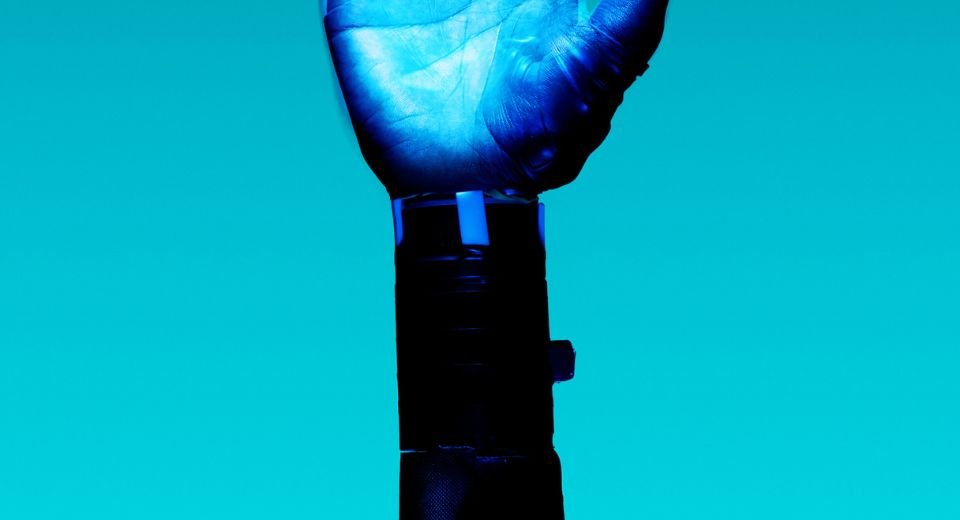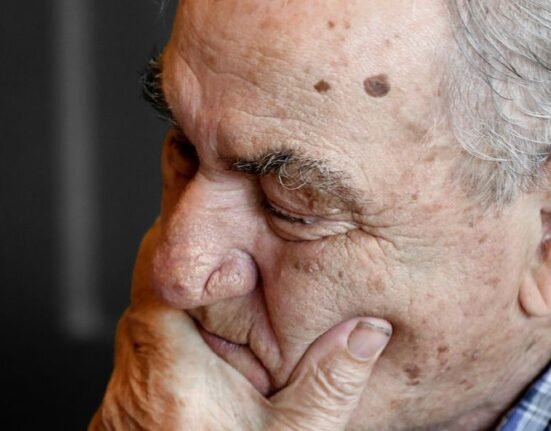HQ Team
May 17, 2023: People suffering from dementia can locate their phones, medicines, glasses, and other objects with the help of companion robots, according to engineers at the University of Waterloo.
The engineers found a new way to program the robots with an initial focus on a specific group for mobile phone search. They believe it could be used by patients who searched “high and low” for misplaced objects.
“The long-term impact of this is really exciting,” said Dr. Ali Ayub, a post-doctoral fellow in electrical and computer engineering. “A user can be involved not just with a companion robot but a personalized companion robot that can give them more independence.”
There are 55.2 million people in the world who are living with dementia. About 65% of people dying of dementia-related deaths are women and it is ranked as the seventh top ten causes of death.
Numbers rising
Dementia is an umbrella term for several diseases affecting memory, other cognitive abilities, and behaviour that interfere significantly with a person’s ability to maintain their activities of daily living. Although age is the strongest known risk factor for dementia, it is not a normal part of aging.
Mr Ayub and his three colleagues were troubled by the rapidly rising number of people coping with dementia, a condition that restricts brain function, causing confusion, memory loss, and disability.
Many of these individuals repeatedly forget the location of everyday objects, which diminishes their quality of life and burdens caregivers.
The group believed a companion robot with an episodic memory of its own could be a game-changer. And, they succeeded in using artificial intelligence to create a new kind of artificial memory.
Manipulator robot
The team began with a fetch mobile manipulator robot, which has a camera for perceiving the world around it.
Using an object-detection algorithm, they programmed the robot to detect, track and keep a memory log of specific objects in its camera view through stored video.
With the robot capable of distinguishing one object from another, it could record the time and date objects enter or leave its view.
Researchers then developed a graphical interface to enable users to choose objects they want to be tracked and, after typing the objects’ names, search for them on a smartphone app or computer.
‘Highly accurate’
Once that happens, the robot can indicate when and where it last observed the specific object.
Tests have shown the system is highly accurate. And while some individuals with dementia might find the technology daunting, Mr Ayub said caregivers could readily use it.
Moving forward, researchers will conduct user studies with people without disabilities, then people with dementia.
In October 2022, the WHO unveiled its first blueprint for research on dementia. Dementia research accounts for less than 1.5% of total health research output, said Dr Soumya Swaminathan, WHO’s Chief Scientist.








